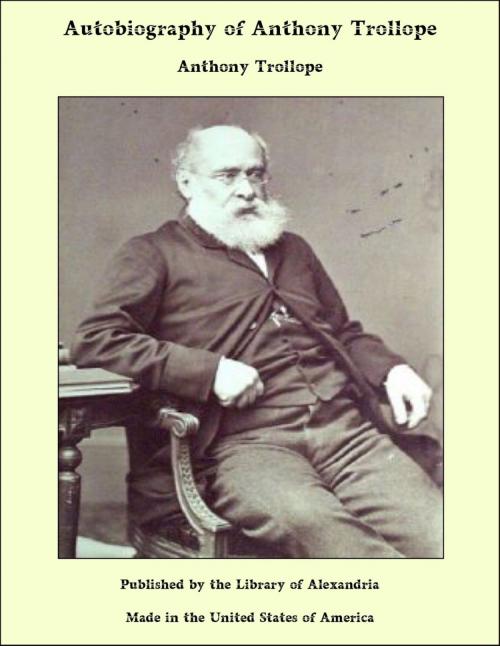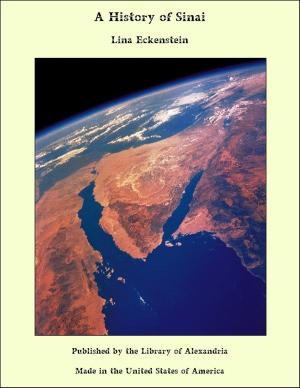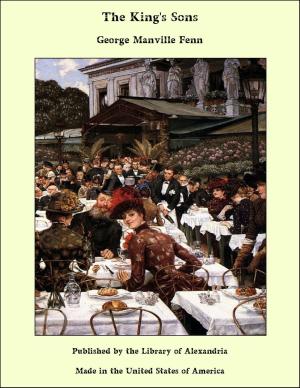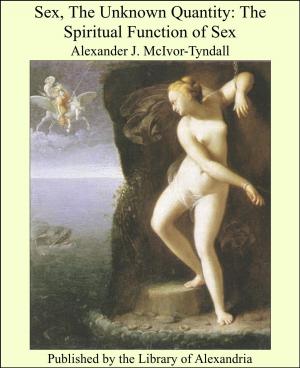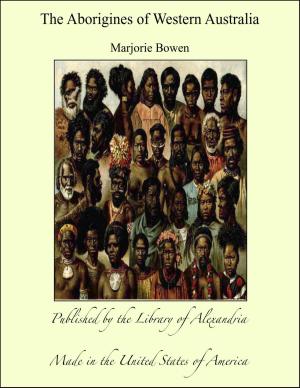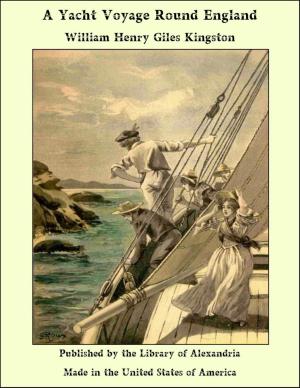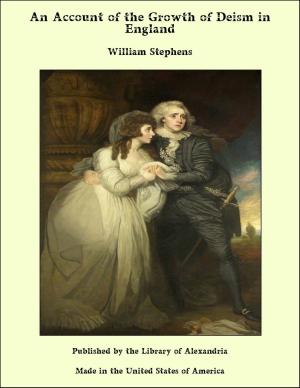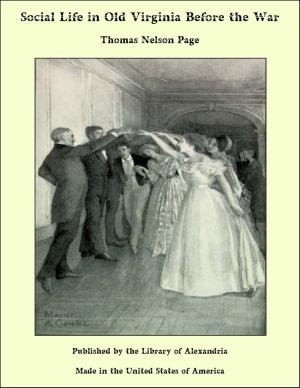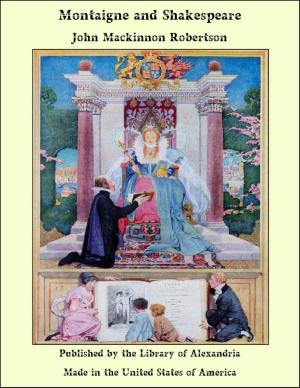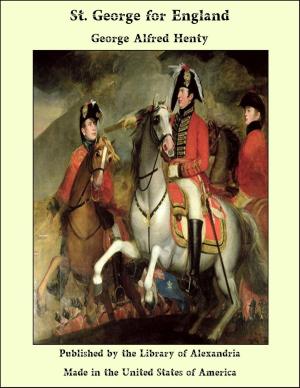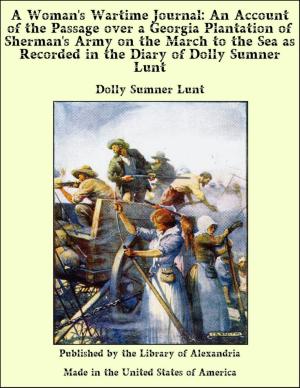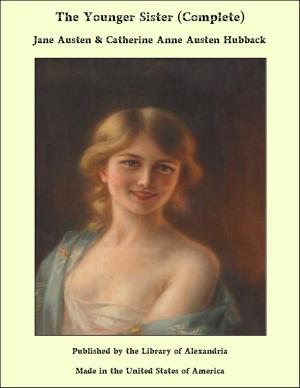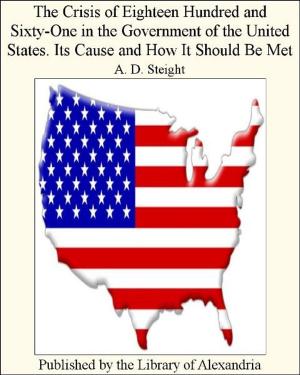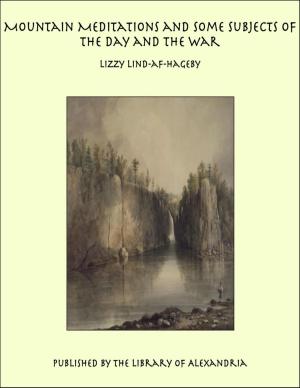Autobiography of Anthony Trollope
Nonfiction, Religion & Spirituality, New Age, History, Fiction & Literature| Author: | Anthony Trollope | ISBN: | 9781465591685 |
| Publisher: | Library of Alexandria | Publication: | March 8, 2015 |
| Imprint: | Language: | English |
| Author: | Anthony Trollope |
| ISBN: | 9781465591685 |
| Publisher: | Library of Alexandria |
| Publication: | March 8, 2015 |
| Imprint: | |
| Language: | English |
I was born in 1815, in Keppel Street, Russell Square; and while a baby, was carried down to Harrow, where my father had built a house on a large farm which, in an evil hour he took on a long lease from Lord Northwick. That farm was the grave of all my father's hopes, ambition, and prosperity, the cause of my mother's sufferings, and of those of her children, and perhaps the director of her destiny and of ours. My father had been a Wykamist and a fellow of New College, and Winchester was the destination of my brothers and myself; but as he had friends among the masters at Harrow, and as the school offered an education almost gratuitous to children living in the parish, he, with a certain aptitude to do things differently from others, which accompanied him throughout his life, determined to use that august seminary as "t'other school" for Winchester, and sent three of us there, one after the other, at the age of seven. My father at this time was a Chancery barrister practising in London, occupying dingy, almost suicidal chambers, at No. 23 Old Square, Lincoln's Inn,—chambers which on one melancholy occasion did become absolutely suicidal. [Footnote: A pupil of his destroyed himself in the rooms.] He was, as I have been informed by those quite competent to know, an excellent and most conscientious lawyer, but plagued with so bad a temper, that he drove the attorneys from him. In his early days he was a man of some small fortune and of higher hopes. These stood so high at the time of my birth, that he was felt to be entitled to a country house, as well as to that in Keppel Street; and in order that he might build such a residence, he took the farm. This place he called Julians, and the land runs up to the foot of the hill on which the school and the church stand,—on the side towards London. Things there went much against him; the farm was ruinous, and I remember that we all regarded the Lord Northwick of those days as a cormorant who was eating us up. My father's clients deserted him. He purchased various dark gloomy chambers in and about Chancery Lane, and his purchases always went wrong. Then, as a final crushing blow, and old uncle, whose heir he was to have been, married and had a family! The house in London was let; and also the house he built at Harrow, from which he descended to a farmhouse on the land, which I have endeavoured to make known to some readers under the name of Orley Farm. This place, just as it was when we lived there, is to be seen in the frontispiece to the first edition of that novel, having the good fortune to be delineated by no less a pencil than that of John Millais.
I was born in 1815, in Keppel Street, Russell Square; and while a baby, was carried down to Harrow, where my father had built a house on a large farm which, in an evil hour he took on a long lease from Lord Northwick. That farm was the grave of all my father's hopes, ambition, and prosperity, the cause of my mother's sufferings, and of those of her children, and perhaps the director of her destiny and of ours. My father had been a Wykamist and a fellow of New College, and Winchester was the destination of my brothers and myself; but as he had friends among the masters at Harrow, and as the school offered an education almost gratuitous to children living in the parish, he, with a certain aptitude to do things differently from others, which accompanied him throughout his life, determined to use that august seminary as "t'other school" for Winchester, and sent three of us there, one after the other, at the age of seven. My father at this time was a Chancery barrister practising in London, occupying dingy, almost suicidal chambers, at No. 23 Old Square, Lincoln's Inn,—chambers which on one melancholy occasion did become absolutely suicidal. [Footnote: A pupil of his destroyed himself in the rooms.] He was, as I have been informed by those quite competent to know, an excellent and most conscientious lawyer, but plagued with so bad a temper, that he drove the attorneys from him. In his early days he was a man of some small fortune and of higher hopes. These stood so high at the time of my birth, that he was felt to be entitled to a country house, as well as to that in Keppel Street; and in order that he might build such a residence, he took the farm. This place he called Julians, and the land runs up to the foot of the hill on which the school and the church stand,—on the side towards London. Things there went much against him; the farm was ruinous, and I remember that we all regarded the Lord Northwick of those days as a cormorant who was eating us up. My father's clients deserted him. He purchased various dark gloomy chambers in and about Chancery Lane, and his purchases always went wrong. Then, as a final crushing blow, and old uncle, whose heir he was to have been, married and had a family! The house in London was let; and also the house he built at Harrow, from which he descended to a farmhouse on the land, which I have endeavoured to make known to some readers under the name of Orley Farm. This place, just as it was when we lived there, is to be seen in the frontispiece to the first edition of that novel, having the good fortune to be delineated by no less a pencil than that of John Millais.
